What concerns you most about the web? Is it identity theft? Companies tracking your browsing habits? Hackers or data breaches?
If any of these things worry you, you likely want to keep your information safe and private. However, if you use the internet, it’s it’s impossible to stay completely anonymous. You list personal information on your social media channels and have countless accounts that are susceptible to being hacked.
That doesn’t mean you can’t reduce your digital footprint! We’ll show you how you can be more anonymous online and what precautions you can take to secure your information.

As you can see, there are many ways you can better protect your information and avoid spam. One of the most foolproof ways to browse the web privately is to use a VPN. VPNs encrypt your data and communication, masking your location and allowing you to browse the web anonymously, even on public wifi.
In addition to the precautions above, here are some other steps you can take to stay safe online:
- Make all purchases with a credit card – A credit card offers more protection than a debit card. When someone uses your credit card, you haven’t lost money and can report the fraud and get a credit from your provider. When someone uses your debit card, the money is immediately taken out of your account and is much more difficult to get back.
- Check your bank account daily – This will assure that you catch any suspicious charges and can quickly alert your bank of fraudulent activity (if they don’t catch it first).
- Keep your antivirus software updated – Many antivirus softwares will make sure you can browse and shop securely. They’ll also alert you of ransomware and viruses that could lead to attacks.
Sources
Open Tracker | The Guardian | Digital Trends | Lifewire | PC Mag |

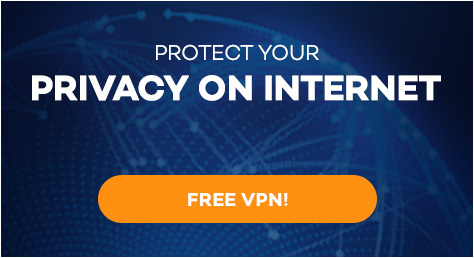
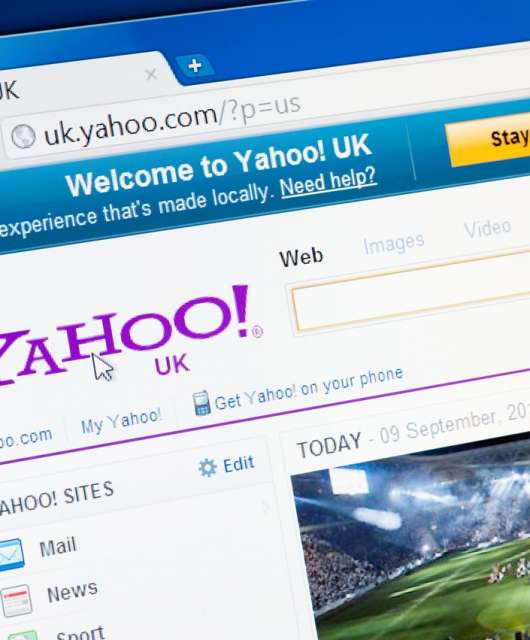
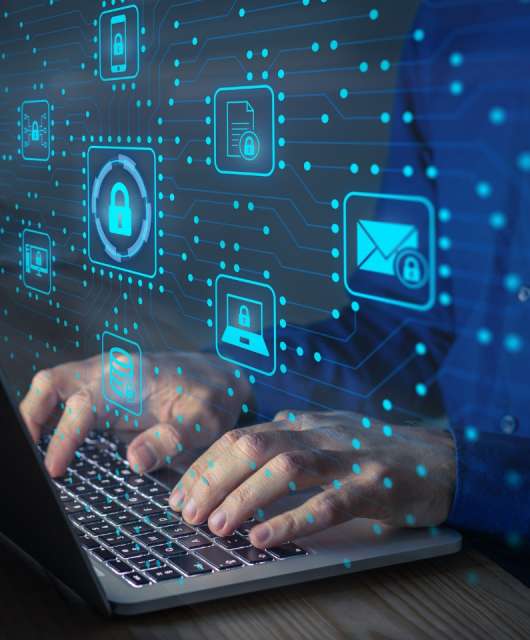
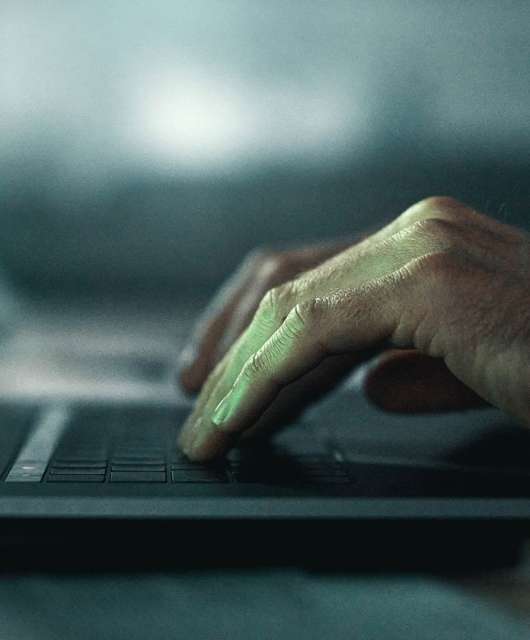

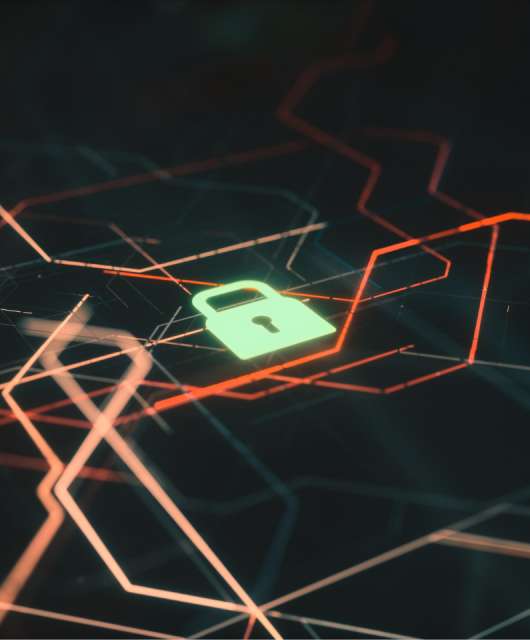

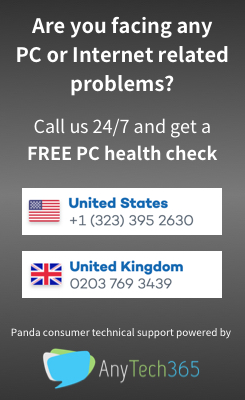
4 comments
Your posting about using credit cards instead of debit cards is misleading. You say when you use a credit card the money is taken right out of the bank and harder to get back. That should read debit card instead of credit.
Hello Wilma,
It has now been corrected. Thanks a lot for pointing that out!
Kind regards,
Panda Security.
Ótimas dicas, uso a internet todos os dias para trabalhar e me preocupo com minha segurança e anonimidade, pois, vejo como muito importante manter certos dados a salvo.
abraço!
Muito obrigado pelo suo feedback, Luan!
Atenciosamente,
Panda Security.